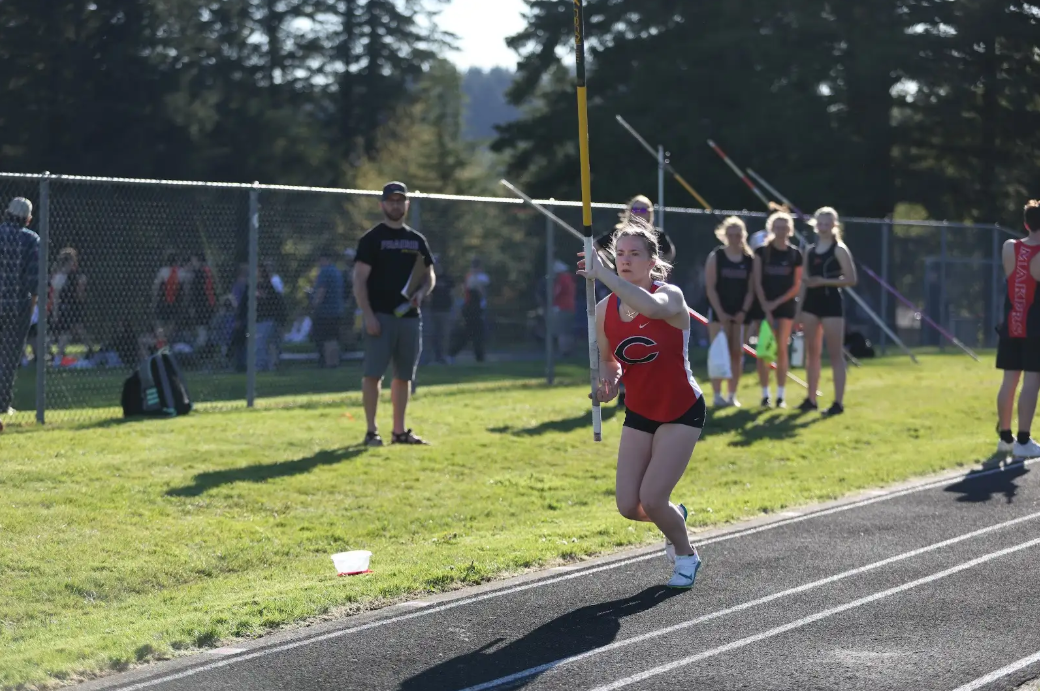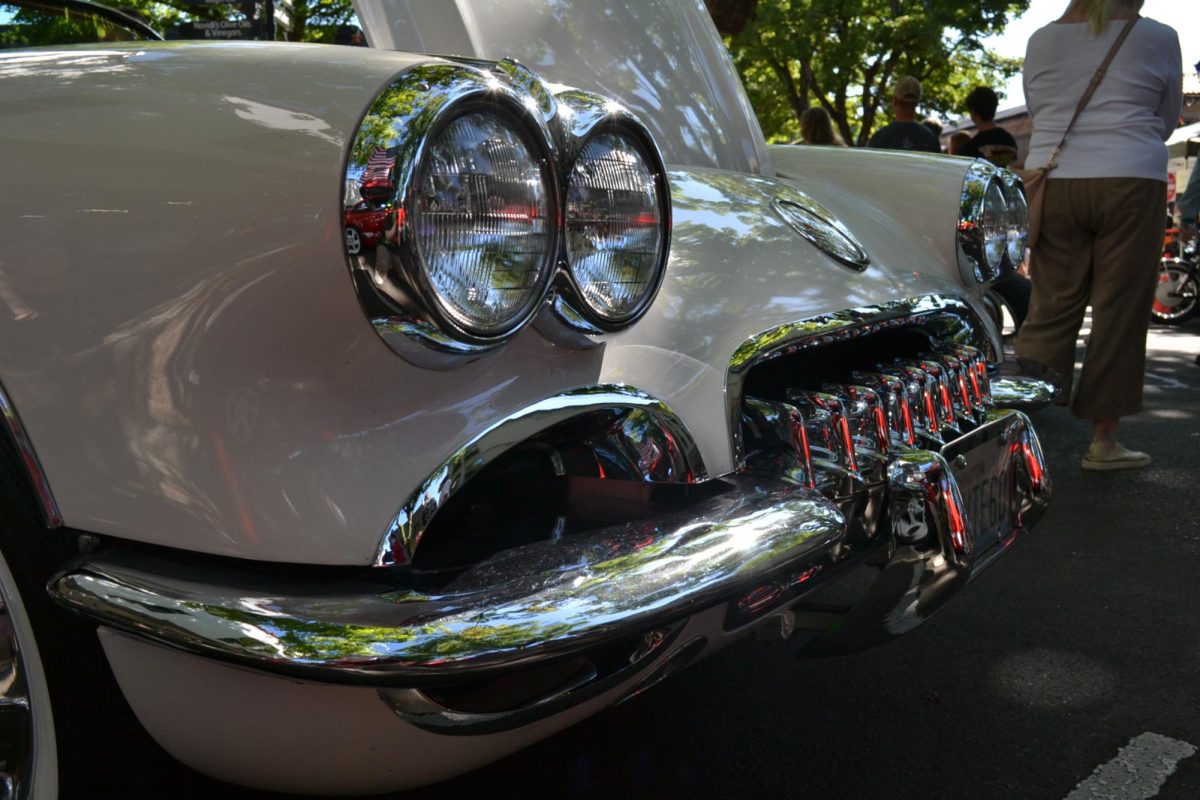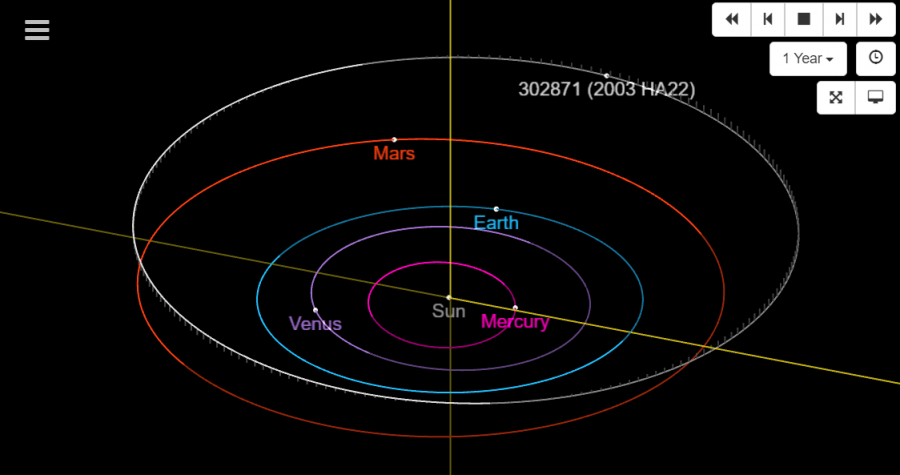Magnet Student Predicts Orbit of Asteroid
December 18, 2021
Senior and Magnet student Sunny Wang wanted a challenge for his senior project, so he attended the Summer Science Program, spending his summer researching the orbit of an asteroid and its possibility of colliding with earth.

Throughout his life, Wang had a passion for solving complex math problems but often found those concepts difficult to apply elsewhere. As a result, he decided to pursue the topic of astrophysics, which merges math, physics, and observational astronomy, as well as applicable problem-solving.
“How can I predict the orbit of near-earth asteroid 2003HA22 and its potential to collide with Earth?” is the question Wang based his research on. Throughout the summer, Wang and his mentor, Dr. Cassandra Fallscheer, devised a plan of attack: take three observations of the asteroid throughout the month, plate solve and reduce the data, and implement the Method of Gauss in Python to find the velocity and angular momentum of the asteroid.
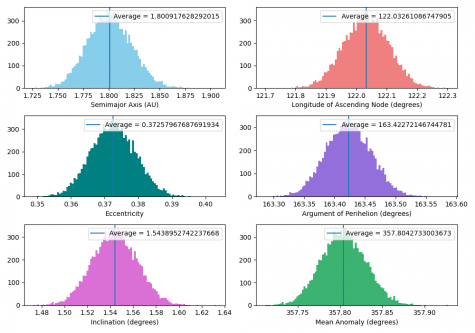
Using this information, he determined the orbital elements of the asteroid and simulated its possible paths, of which only four percent collided with Earth in the next 50 million years. His results were submitted to the Minor Planet Center of the International Astronomical Union.
Due to the pandemic, Wang did his research, data analysis, and programming at home, but his observations were collected at two telescopes: the Cerro Tololo observatory in La Serena, Chile, and the NIRo Observatory in Indiana, USA.
The paramount skill that Wang gained from this experience was a sense of adaptability, being able to identify novel solutions or tweak existing methods when new issues arise. He met many obstacles on the way, including having multiple observing requests denied due to weather conditions, and had to overcome them. “I never exactly knew what my next step was, which was particularly exciting,” he said. “The research process was strenuous and tedious, but it made the resulting success much more satisfying.”
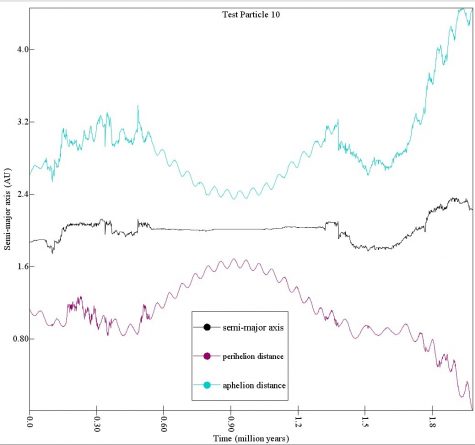
What made this project even more thrilling to Wang was the number of new skills he had to learn. “I was practically brand new to astronomy and had to start from the bare basics… This overall process was much more involved than previous projects I’ve completed and required a great deal of effort.” Wang said.
Wang is unsure whether he wants to pursue a career in astrophysics; however, he definitely wants to work in a field that offers “the rewarding feeling that can only be found through creative problem-solving.”











